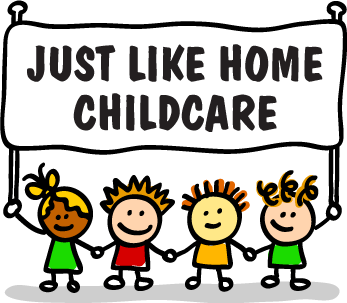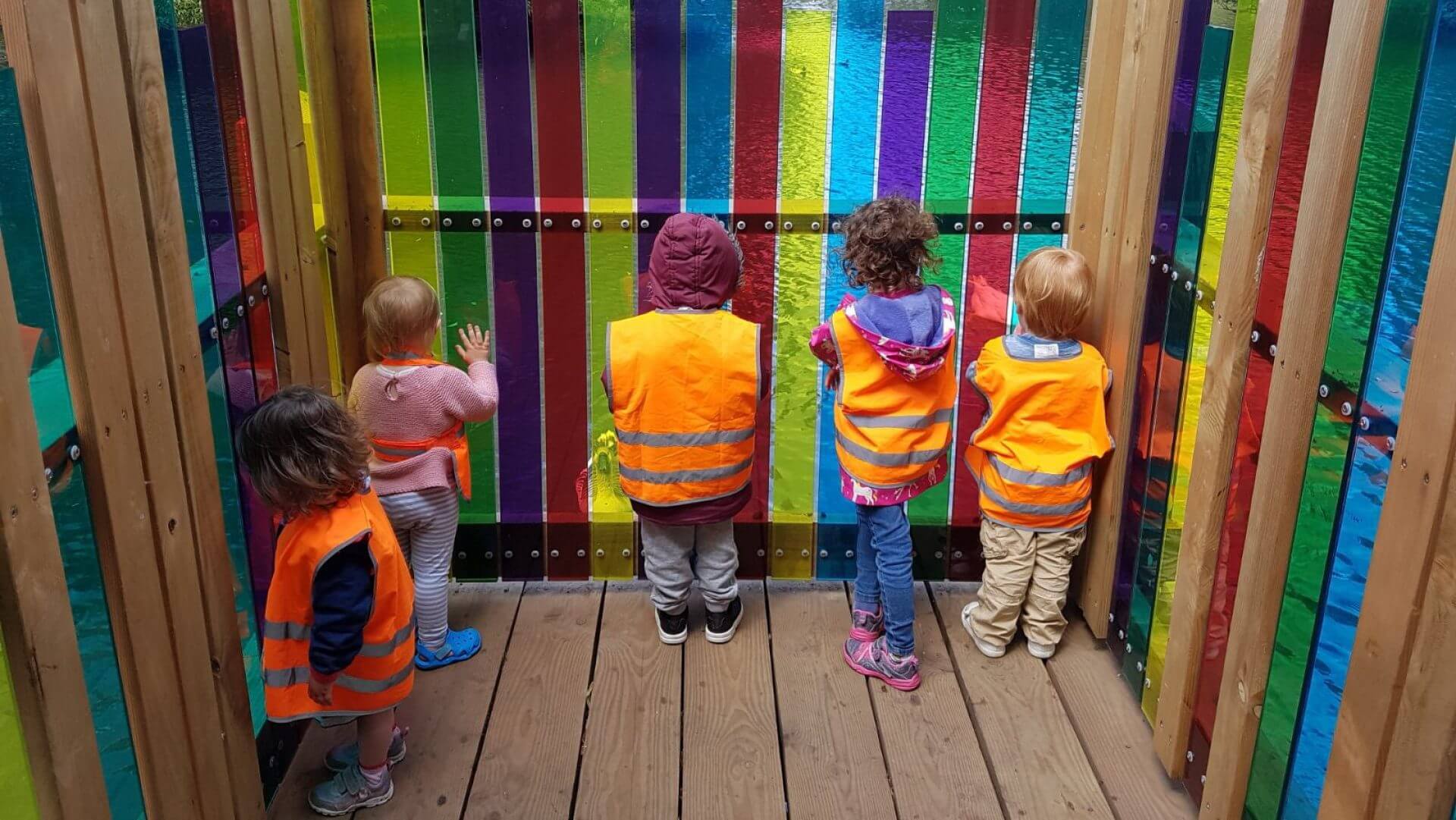All children and adults are treated with equal concern and are made to feel welcome in my home. I aim to offer a quality child care service for parents and children. I recognise the need to set out reasonable and appropriate limits to help manage the behaviour of children in my care.
By providing a happy, well-maintained environment, the children in my care will be encouraged to develop social skills to help them be accepted and welcome in society as they grow up.
I do not, and will not, administer physical punishment or any form of punishment with the intention of causing pain or discomfort, nor any kind of humiliating or hurtful treatment to any child in my care.
All parents receive a copy of my Behaviour Policy.
I agree methods to manage children’s behaviour with parents before the placements starts. These are discussed with parents during initial visits before the contract is signed to ensure appropriate care can be provided. Wherever possible I try to meet parents’ requests for the care of their children according to their values and practices. Records of these requirements are agreed and if necessary, attached to the child record forms. These records will be revisited and updated during regular reviews with parents.
I expect parents to inform me of any changes in the child’s home circumstances, care arrangements or any other change which may affect the child’s behaviour such as a new baby, parents’ separation, divorce or any bereavement. All information shared will be kept confidential unless there appears to be a child protection issue.
I offer regular review meetings with parents to discuss their child’s care and any issues or concerns, preferably when the child is not present. If I do not share the same first language as the child’s parent, I will take action to facilitate communication. This may include seeking advice from the local Early Years team.
I work together with parents to make sure there is consistency in the way the children are cared for. A consistent approach benefit’s the child’s welfare and makes sure that the child is not confused.
I will only physically intervene, and possibly restrain, a child to prevent an accident, such as a child running into the road, or to prevent an injury or damage.
All significant incidents are recorded and will be shared and discussed with the parents of the child concerned so that together we can work to resolve any behavioural issues.
From time to time children will have difficulty learning to deal with their emotions and feelings and this is a normal part of child development. I will acknowledge these feelings and try to help children to find constructive solutions in liaison with their parents.
- Distracting and re-directing children’s activities are used as a way of discouraging unwanted behaviour.
- I encourage responsibility by talking to the children about choices and possible consequences.
- I aim to be firm and consistent so that children know and feel secure in the boundaries I set.
- I will respond positively to children who consistently seek attention or are disruptive
I will ensure children maintain their self-esteem by showing I disapprove of the behaviour of the child.
If I have concerns about a child’s behaviour, which are not being resolved, I will ask for permission from the parents to talk it through with another childcare professional. I may contact either the National Childminding Association, the NSPCC, health visitor or the local early years team (or relevant advice service) for confidential advice.
Concerns that could identify a particular child are kept confidential and only shared with people who need to know this information.
Around the age of two children can start to show signs of challenging behaviour, through frustration, fear and lack of understanding usually due to an inability to express them-selves. Growing independence leads to exploring the world around them and pushing of boundaries. I will deal with this behaviour in a similar way to challenging behaviour at any other time, but sometimes when challenging behaviour is constant it is wise to pick your battles and not always challenge inappropriate behaviour every time.
I encourage appropriate behaviour by:
- Setting a good example, I aim to be a positive role model as children copy what they see. Children learn values and behaviour from adults.
- I readily praise, approve and reward wanted behaviour, such as sharing, to encourage it to be repeated. Using praise helps to show that I value the child and it helps to build their self-esteem.
- I praise children to their parents and other people when they behave as expected.
- I try to be consistent when say “no” and explain reasons why it is not appropriate and considered unwanted behaviour.
- My expectations are flexible and realistic and are adjusted to the age, level of understanding, maturity and stage of development of the child.
- I use “time out” as my general way of disciplining children. This allows them time to reflect on their behaviour and diffuse possible difficult situations. After a short period of time (a few minutes) the child would then be invited back to re-join the other children and continue our activities.
- I try to involve children in setting and agreeing house rules.

